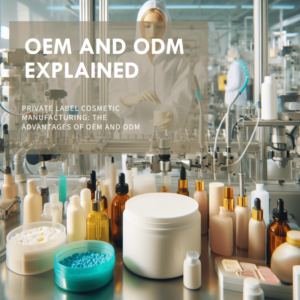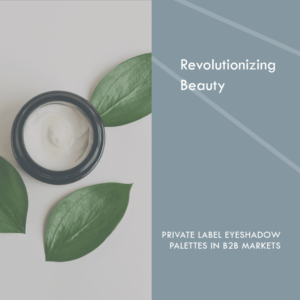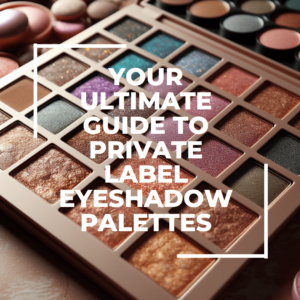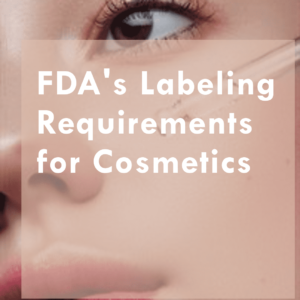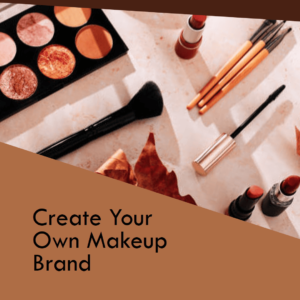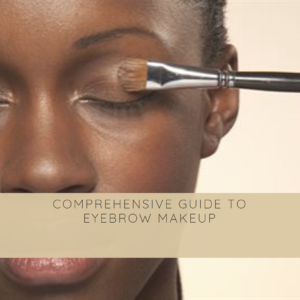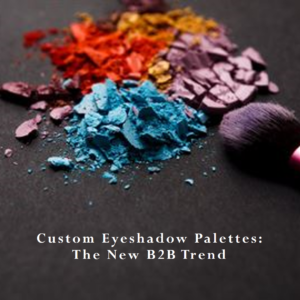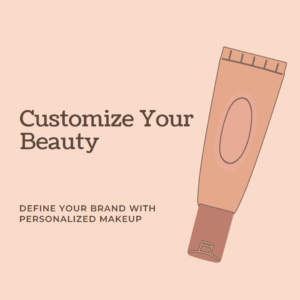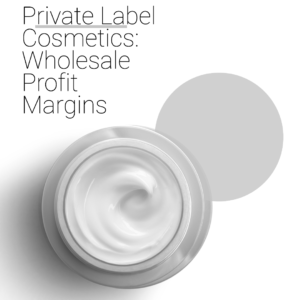When it comes to selling cosmetic products, it’s crucial to understand and comply with the labeling requirements set forth by the Food and Drug Administration (FDA). Proper labeling not only ensures that your products are safe for consumers but also helps build trust and credibility for your brand. In this article, we will explore the FDA’s guidelines for cosmetic product labeling and provide you with a comprehensive understanding of what is required.
Understanding the FDA’s Role in Cosmetic Product Labeling
The FDA is responsible for regulating the labeling of cosmetic products in the United States. Their primary goal is to protect consumers by ensuring that the products they use are safe, properly labeled, and accurately represented. By setting specific guidelines for labeling, the FDA aims to provide consumers with essential information about the products they purchase.
To stay compliant with the FDA’s regulations, cosmetic product manufacturers and distributors must adhere to specific labeling requirements. Failure to comply with these requirements can result in penalties, product recalls, or even legal action. Therefore, it is essential for businesses in the cosmetics industry to have a thorough understanding of these guidelines.
Key Labeling Requirements for Cosmetic Products
1.Product Identity
The FDA requires that cosmetic products have a clear and accurate product identity on their labels. This includes the product’s common or usual name, which should be prominently displayed on the principal display panel (PDP). The PDP is the part of the label that is most likely to be seen by consumers at the point of purchase.
For example, if you are selling a moisturizing lotion, the product’s common or usual name should be “Moisturizing Lotion.” It is important to avoid using misleading or deceptive names that could confuse consumers about the nature of the product.
2.Net Quantity of Contents
Another crucial requirement is to provide the net quantity of contents on the label. This information should be expressed in both metric and U.S. customary units of weight, measure, or count. The net quantity statement should be placed on the PDP and should be easily readable.
For example, if you are selling a lipstick, the label should state the net weight of the product, such as “Net Wt. 0.15 oz (4.2g).” This helps consumers understand how much product they are purchasing and allows them to compare it with other similar products.
3.Ingredient Declaration
The FDA requires that cosmetic products have a list of ingredients on their labels. This list should be in descending order of predominance by weight. It is important to use the common or usual names of the ingredients, rather than technical or scientific names.
The ingredient declaration should be placed on the information panel, which is typically the label panel immediately to the right of the PDP. The font size for the ingredient list should be no smaller than 1/16th of an inch in height.
4.Allergen Labeling
In recent years, there has been an increased focus on allergen labeling in cosmetic products. The FDA requires that products containing certain allergens be clearly labeled to alert consumers who may have allergies or sensitivities.
Common allergens that must be labeled include peanuts, tree nuts, milk, eggs, soy, wheat, fish, and shellfish. These allergens should be listed in the ingredient declaration using their common names.
5.Additional Labeling Requirements
In addition to the key requirements mentioned above, the FDA has several other labeling requirements for cosmetic products. These include:
– Name and address of the manufacturer, packer, or distributor
– Warning statements (if applicable)
– Directions for use
– Expiration date (if applicable)
– Batch or lot number (if applicable)
By following these labeling requirements, cosmetic product manufacturers and distributors can ensure that their products are properly labeled and compliant with FDA regulations.
Conclusion
Understanding and complying with the FDA’s labeling requirements for cosmetic products is essential for businesses in the cosmetics industry. By providing accurate and transparent information on product labels, you can build trust with consumers and demonstrate your commitment to their safety. Remember to stay up to date with any changes or updates to the FDA’s regulations to ensure ongoing compliance.
